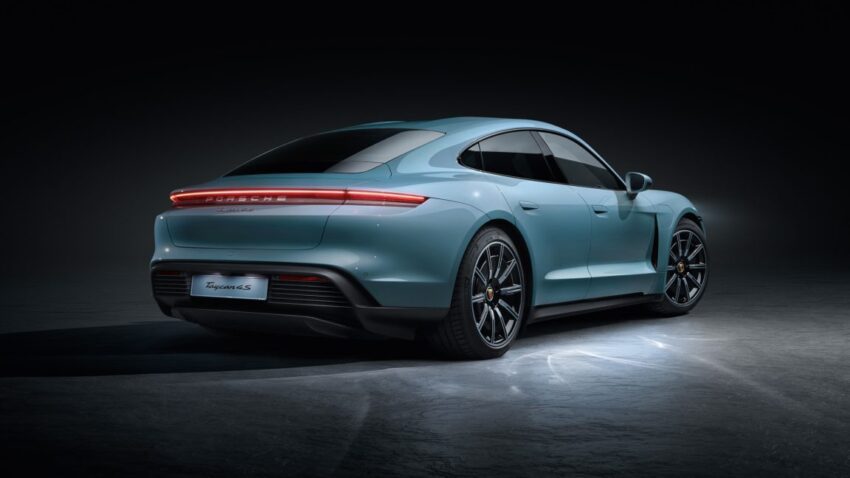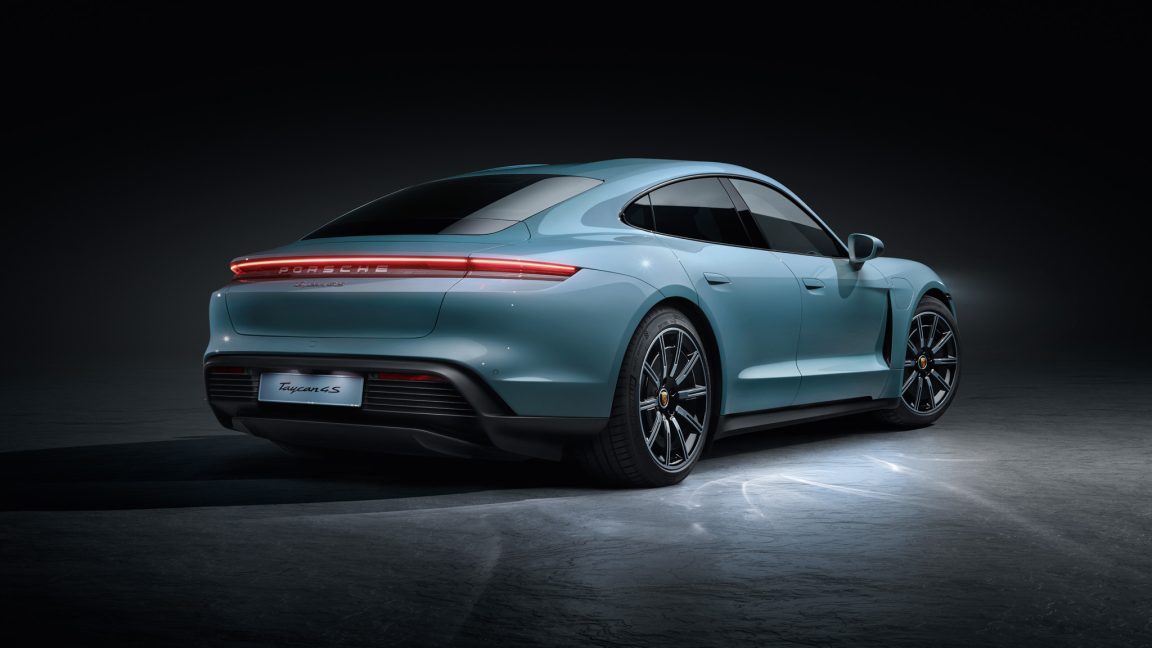
porsche does u-turn on electric vehicles will Porsche has announced a significant shift in its strategy, opting to focus on gasoline engines rather than electric vehicles under the leadership of its new CEO, Michael Leiters.
porsche does u-turn on electric vehicles will
Leadership Change and Strategic Shift
Michael Leiters, who will officially take the reins at Porsche in January, has been vocal about his skepticism regarding electric vehicles (EVs) in the luxury segment. Prior to his appointment, Leiters served as the CEO of McLaren, where he expressed concerns about the readiness of battery technology for high-performance vehicles. In an interview with the Financial Times, he stated, “The technology isn’t ready,” emphasizing that electric vehicles lack the emotional thrill associated with traditional combustion engines. He also noted that EVs tend to depreciate faster than their gasoline counterparts.
This skepticism is particularly noteworthy given the automotive industry’s increasing pivot towards electrification, driven by regulatory pressures and changing consumer preferences. As many manufacturers commit to fully electric lineups in the coming years, Porsche’s decision to double down on gasoline engines raises questions about the future direction of the brand and its market positioning.
Market Context and Implications
Porsche’s announcement comes at a time when the global automotive landscape is undergoing a seismic shift. Governments around the world are implementing stricter emissions regulations and offering incentives for electric vehicle adoption. For instance, the European Union has set ambitious targets to reduce carbon emissions, aiming for a significant decrease by 2030. In this environment, many traditional automakers are investing heavily in electric vehicle technology to comply with these regulations and meet consumer demand for greener alternatives.
However, Porsche’s decision to focus on gasoline engines suggests a divergence from this trend. The company has a storied history rooted in performance and luxury, and Leiters’ comments indicate a desire to maintain that heritage. By investing in petrol engine models, Porsche aims to capitalize on its brand identity while navigating the complexities of a rapidly changing market.
Financial Considerations
From a financial perspective, the decision to pivot back to gasoline engines could have several implications. Porsche has historically enjoyed strong profit margins on its luxury vehicles, and maintaining a lineup that includes petrol engines may help sustain these margins in the short term. Electric vehicles often require significant investment in research and development, as well as infrastructure for charging networks. By focusing on gasoline engines, Porsche may be able to allocate resources more efficiently, at least until battery technology matures.
Moreover, the luxury market has shown resilience in the face of economic fluctuations. High-net-worth individuals often prioritize performance and exclusivity, traits that are traditionally associated with gasoline engines. This demographic may be less inclined to switch to electric vehicles, particularly if they perceive them as lacking the visceral experience of driving a high-performance sports car.
Stakeholder Reactions
The reaction to Porsche’s strategic shift has been mixed among stakeholders. Some industry analysts view this move as a pragmatic response to the current state of battery technology and consumer preferences. They argue that while electric vehicles are the future, the transition will take time, and brands like Porsche should not rush into a fully electric lineup without ensuring that the technology meets their performance standards.
On the other hand, environmental advocates and some consumers express concern that this decision could hinder progress toward sustainability in the automotive sector. Critics argue that by focusing on gasoline engines, Porsche risks falling behind competitors who are investing heavily in electric vehicle technology. This could lead to a perception that the brand is out of touch with evolving consumer values, particularly among younger buyers who prioritize sustainability.
Technological Landscape
The technological landscape for electric vehicles is rapidly evolving, with advancements in battery technology, charging infrastructure, and vehicle performance. Companies like Tesla have demonstrated that electric vehicles can offer impressive performance metrics, challenging the notion that they lack the emotional appeal of traditional combustion engines. Furthermore, innovations in battery chemistry and manufacturing processes are expected to improve the range, efficiency, and overall performance of electric vehicles in the coming years.
As Porsche navigates this complex landscape, it will need to balance its commitment to performance with the realities of an increasingly electrified market. The company has previously invested in hybrid technology, which could serve as a bridge between gasoline and fully electric models. By leveraging its expertise in hybrid systems, Porsche may find a way to satisfy both performance enthusiasts and environmentally conscious consumers.
Future Outlook
Looking ahead, Porsche’s decision to focus on gasoline engines may provide short-term benefits, but it raises questions about the long-term viability of this strategy. As battery technology continues to improve and consumer preferences shift, the company may need to reassess its approach to electrification. The automotive industry is in a state of flux, and companies that fail to adapt risk losing market share to more agile competitors.
Moreover, the global push for sustainability will likely intensify, with consumers increasingly demanding eco-friendly options. As awareness of climate change and environmental issues grows, brands that are perceived as lagging in sustainability efforts may face backlash from consumers. Porsche will need to carefully navigate this landscape to maintain its brand reputation while also addressing the concerns of its stakeholders.
Conclusion
Porsche’s decision to pivot back to gasoline engines under the leadership of Michael Leiters marks a significant moment in the automotive industry. While the company aims to preserve its performance heritage and capitalize on the strengths of its traditional lineup, it must also remain vigilant in the face of evolving market dynamics and consumer expectations. The future of the automotive industry is undoubtedly electric, and how Porsche navigates this transition will be critical to its long-term success.
Source: Original report
Was this helpful?
Last Modified: October 23, 2025 at 11:35 pm
2 views















